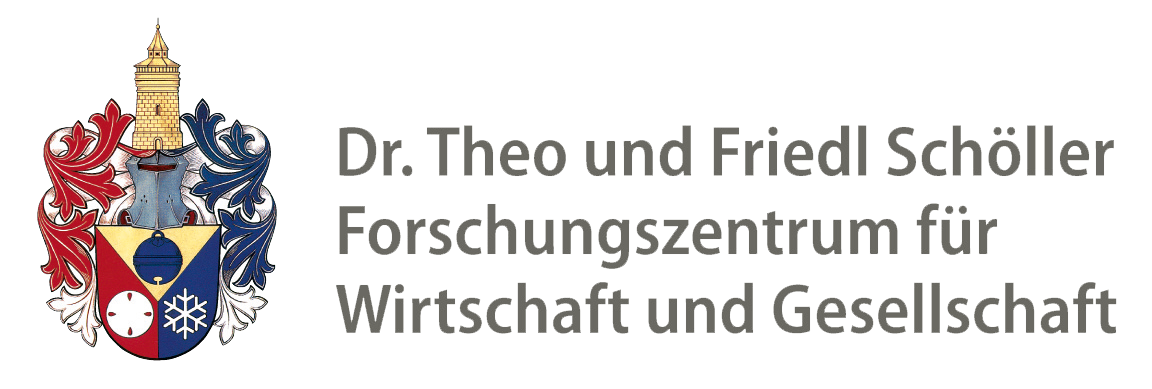Michael Weber
He is also academic consultant for the European Central Bank, the Federal Reserve Bank of Cleveland, the Bank of Finland, and several other central banks. His research interests include asset pricing, macroeconomics, international finance, and household finance. He has published in leading economics and finance journals such as the American Economic Review, the Review of Economic Studies, the Journal of Political Economy, the Review of Financial Studies and the Journal of Financial Economics.
Diverse Policy Committees Can Reach Underrepresented Groups
The composition of many central banks around the world lack a diverse composition of the governing bodies, while at the same time large heterogeneity exists in the extent to which different subpopulations are informed about central pillars of monetary policy. While many reasons exists for a diverse composition such as ethical consideration or the moving away from group think, these channels might be difficult to measure using the economics toolbox.
Instead, the research project aims to shed light on whether diverse committees might be more effective in reaching the overall population with their communication. Central bank communication has become a stand-alone policy tool especially during times of low interest rates. It is planned to implement an information provision experiment within a survey in which the degree of salience of the committee will be varied in a randomized fashion to the survey population. Specifically, all survey participants see a regional Fed president but subsets of the survey see a white female, a black male, or a white male policy maker together with identical forecasts for the unemployment rate.
Then the extent to which individuals incorporate these forecasts into their own subjective expectations will be compared to which extent it differs across demographic and racial groups. Finally, the channels that mediate the effects such as trust in the central bank, taste for diversity, homopholy, and an information acquisition channel will be studied.

